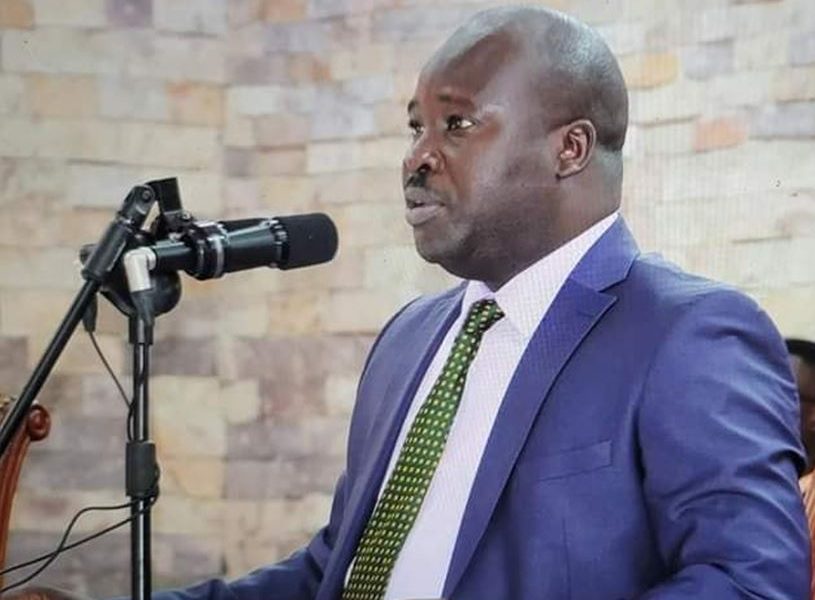By Ephraim Modi Duku Sokiri
Deputy Chairman of the Sudan People’s Liberation Movement in Opposition (SPLM-IO), who is the First Deputy Speaker of the National Parliament Rt. Hon. Nathaniel Oyet Pierino, has expressed worry over the growing relationship between SPLM and Chinese Communist Party (CPC).
China’s relations with South Sudan remain consistent in multiple and overlapping ways. The sets of relations have evolved considerably in years, a process that continues as Chinese engagement further adapts to persistent conflict in South Sudan.
Last month, the SPLM Secretary General, Peter Lam Both visited China where he met senior members of the Chinese Communist Party, and signed Memorandum of Understanding (MoU) with the CPC.
During an exclusive interview last week, Mr. Oyet questioned the nature of relationship SPLM has with the Chinese Communist Party in perspective of coaching SPLM into their ideology.
“We are shocked what SPLM has to learn from the Communist, the Chinese people’s party, the Communist Party of China, we understand probably, the SPLM-IG might be having a lot in common, by their practice now, they don’t want political space now and so forth,” he said.
Oyet said the move by the SPLM to Asia to be trained and indoctrinated by Communist Party of China has left them in the opposition and the citizens at large with a lot of surprise and shock.
“We are worried as a country and party, now that they have gone to get trainings from a one-party state of China, a communist party.”
SPLM-IO deputy chair reiterated that the historical SPLM has nothing in common with the unilateral party state that has lost its direction comparable to the SPLM party.
“The original manifesto of the SPLM that we have is about multi-party democracy, political pluralism, democratic governance, freedom of press, human rights protection and promotion, fundamental freedom which has nothing to do with one party state which the communist party in China now stands for and implements,” Mr. Oyet noted.
He further noted that SPLM has not converted into a political faction that grant people chance to choose what they stand for and continue to militarize the politics in the country.
The SPLM Secretary for Political Affairs, Kuol Atem Bol acknowledged the need to transform the SPLM from military power into a real political party.
“Transformation of the arms struggle, the movement that was at the arm struggle when you joined SPLM regardless of your age at that time, you must be a soldier. Now after you capture the power by force, you must transform yourself from military power into political power.”
While on his visit to China, the SPLM Secretary General, Peter Lam Both, highlighted the mission of the visit as connected to the SPLM party.
“My delegation and I came to Beijing by the invitation of the CPC, and we have come to do two things, one is to sign a memorandum of understanding between my party and the CPC,” Lam said in an exclusive interview on CGTN.
SG Lam visited China along with the state chairpersons who are also the governors of the states who in his second mission of the visit were for the governors to learn on how to elevate poverty in South Sudan.
“SPLM and CPC have cooperated in number of areas, and one is physical infrastructures and development,” he added about the chapters in the MoU.
China is a single-party communist state, the president is generally considered to hold the second-highest position in the political system, formally after the leader of the Chinese Communist Party.
However, since 1993, apart from brief periods of transition, the paramount leader has simultaneously served as state president, Communist Party leader (as general secretary of the Chinese Communist Party (CCP)), and commander-in-chief of the military (as chairman of the Central Military Commission (CMC).
The presidency is officially regarded as an institution of the state rather than an administrative post. Under the current constitution, the president serves at the pleasure of the National People’s Congress (NPC), the legislature, and is not legally vested to take executive action on his own prerogative.



